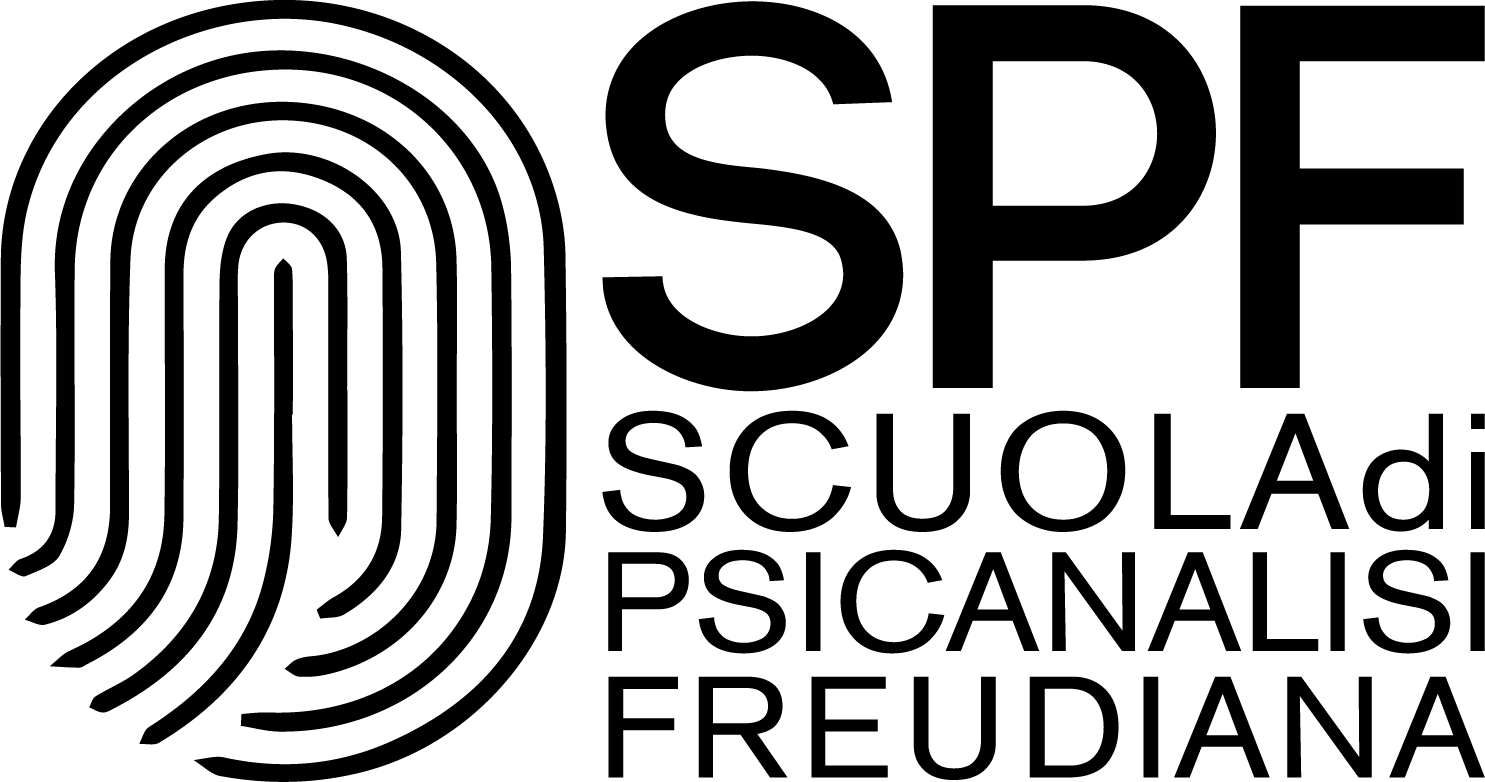Mission Statement
The theme of the Seminar is the Freudian concept of transference. In the history of psychoanalysis transference has taken on a continuously preeminent role, becoming a pervasive aspect of the experience. This growth from a local phenomenon to a global condition of analysis, which Freud would never have advocated has lead to an obliteration of two important aspects for understanding the full extent of the phenomenon.
First of all there is a methodological problem; suggestion is present in all psychological treatments and all forms of psychotherapy, either as influence (even unconscious) by the doctor or as autosuggestion by the patient, but only Freud has carried out an in-depth examination of the problem in its two forms to derive some possible objective determinations. Transference should be included in the search for truth which is the purpose of the analytic process.
Secondly there is a gnoseological problem; in analysis transference manifests as resistance, but resistance has been interpreted incorrectly post Freud in that it has been seen as resistance to the cure, to the intervention of the analyst and therefore to the purposes of the therapy, whilst in Freud’s elaboration resistance occurs rather with regard to the possibility of knowing. It is necessary therefore to emphasise the relationship of resistance with truth, which is consequently a gnoseological problem. We should thereby first consider transference as a gnoseological problem in order to confront its phenomenology in that it relates to the ways in which this possibility to know is manifested: narcissistic neuroses and transference neuroses are two diverse ways this aspect presents itself.
Summary of the program
- Historical considerations of the phenomenon of transference in psychoanalysis:
History of a discovery
From psychotherapeutic tool to cognitive aid
Development and degeneration of the concept of transference
Many concepts of transference leading to many types of psychotherapy - Transference as a methodological problem:
The problem of suggestion: suggestion (placebo) and autosuggestion (transference)
Necessity for reclassification and reinterpretation of the phenomenon
Transference and search for truth
Dialectic, transference, relationship
Counter transference as analyst’s transference - Transference as a gnoseological problem:
Transference as resistance to progress towards awareness of subconscious processes and not as opposition to the cure
Transference and awareness of transference - Phenomenology of transference:
Transference and repetition, transference blocks the awareness of transference
Love from transference: phenomenology of love in the analytic process
Love and awareness: a problem
Therapeutic alliance and love for truth
Hate from transference: phenomenology of hate in the analytic process
Hate and objectivity of awareness: hate and truth
Neurosis and psychosis: loss of reality and possibility of transference
Transference is not an element of alienation from reality
The Seminar consists of a course of 18 lessons on a fortnightly basis
Expected Learning Outcomes
The students should be able to:
-
- Know the main methodological problems in the treatment of the subconscious dynamic
psychologies and have an historical-critical vision of these problems (Levels 1 & 2) - Understand the concept of transference from gnoseological, methodological and
phenomenological points of view (Levels 1 & 2) - Apply the knowledge gained from the discussion of clinical cases taken from the
psychoanalytic literature which present problems of interpretation of transference (Level 2)
- Know the main methodological problems in the treatment of the subconscious dynamic
Teaching Method
- Classroom lectures
- Student contributions on specific themes, mainly discussions on other authors
Evaluation Method
During the course the students are invited to write a piece to hand in at the end of the lessons in which they demonstrate their mastery of the contents of the Seminar and which the Teaching Committee will evaluate.
Bibliography
Mandatory Bibliography
Works by Sigmund Freud:
Ipnotismo e suggestione (1888-92), in OSF vol. I.
Dinamica della traslazione (1912), in Tecnica della psicoanalisi, in OSF, vol. VI.
Nuovi consigli sulla tecnica della psicoanalisi (1913-14), in OSF vol. VII.
Psicologia delle masse e analisi dell’Io (1921), in OSF vol. IX, capp. 4 e 8.
La perdita di realtà nelle nevrosi e nelle psicosi (1924), in OSF, vol. X.
Introduzione alla psicoanalisi (nuova serie di lezioni) (1932), in OSF, vol. XI, lezz. 19, 27 e 28.
Compendio di psicoanalisi, (1938), in OSF, vol. XI, capp. 6 e 7.
Other authors:
Kernberg O. (2017), La terapia focalizzata sul transfert per il disturbo borderline della personalità, Giovanni Fioriti Editore, Roma.
Lacan J. (2008), Il seminario. Libro VIII. Il transfert (1960-1961, Einaudi, Torino.
Neyraut M. (1974), Le transfert, P.U.F., Paris.
Further bibliographical references will be reported during the seminar.
